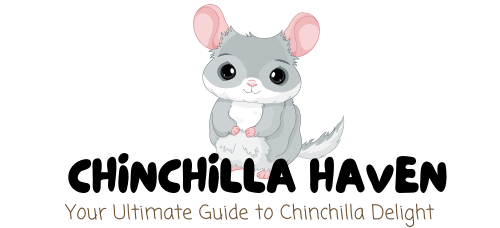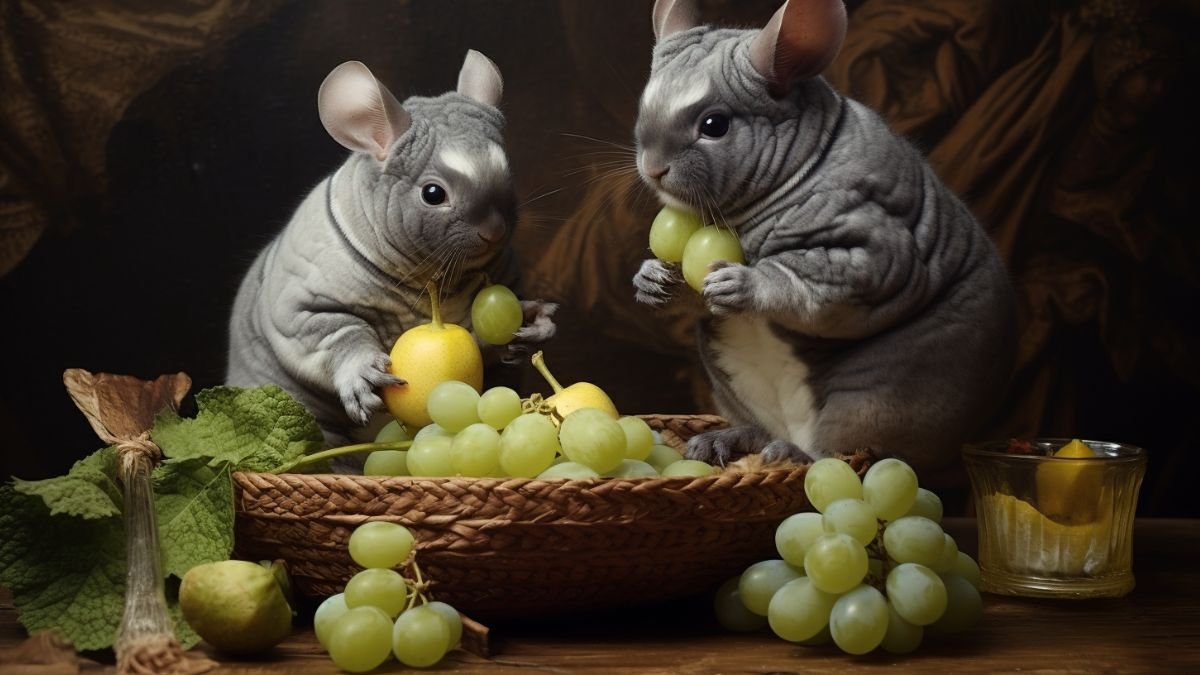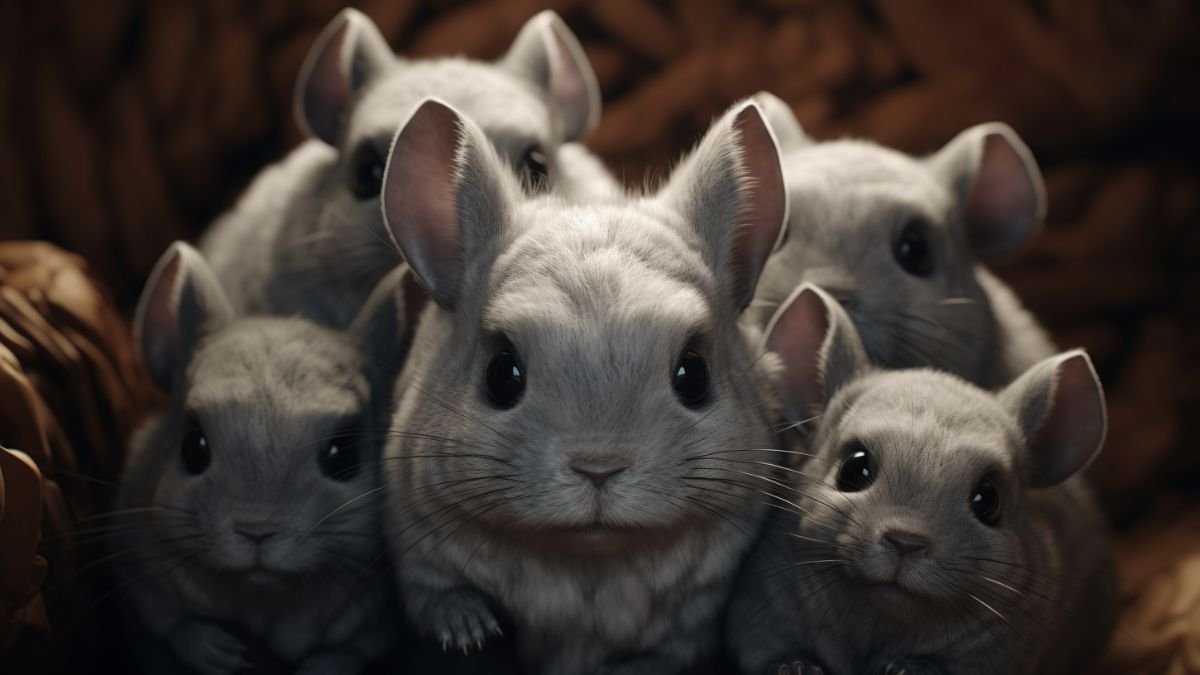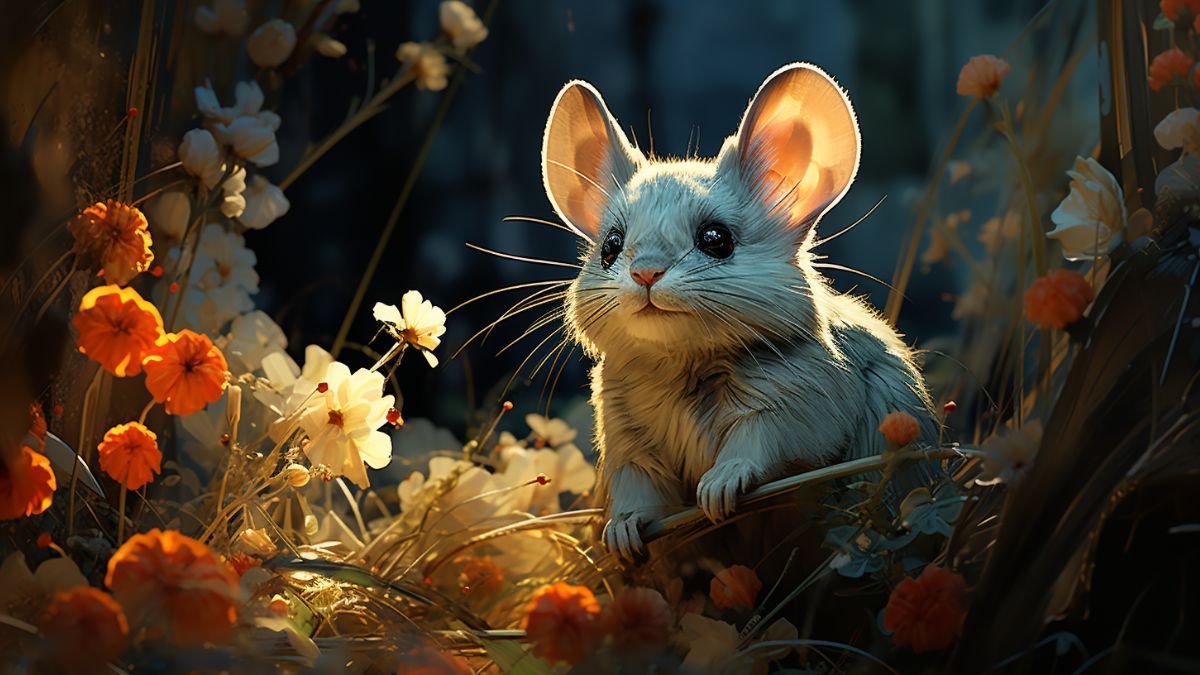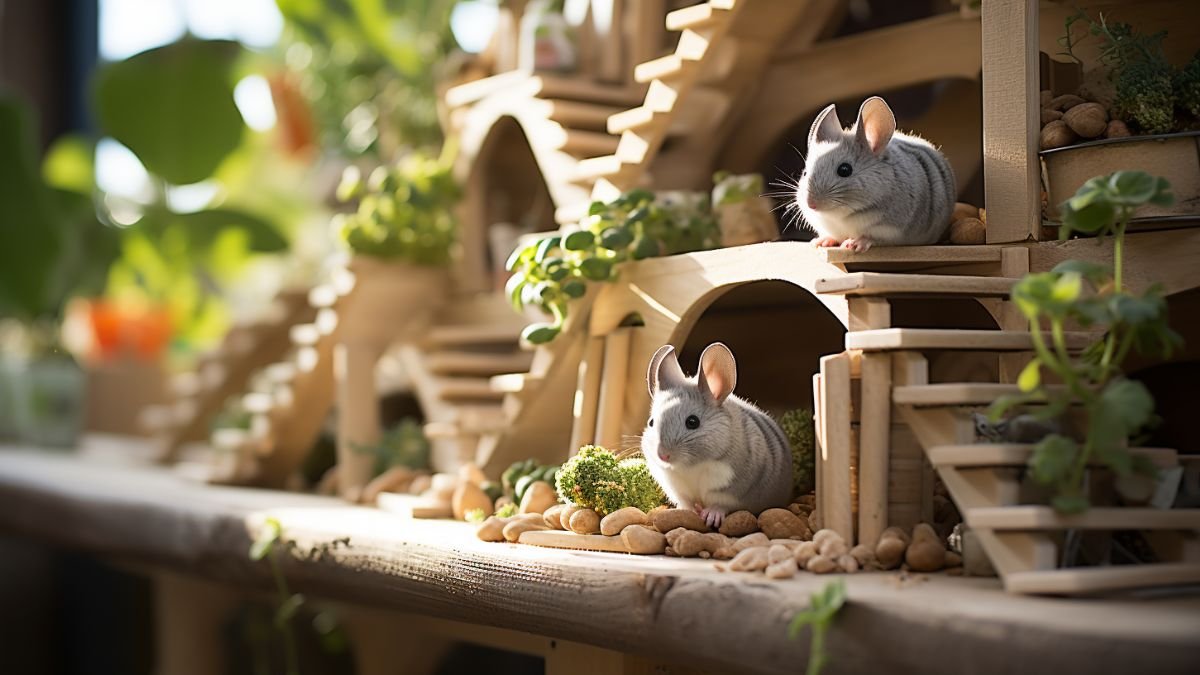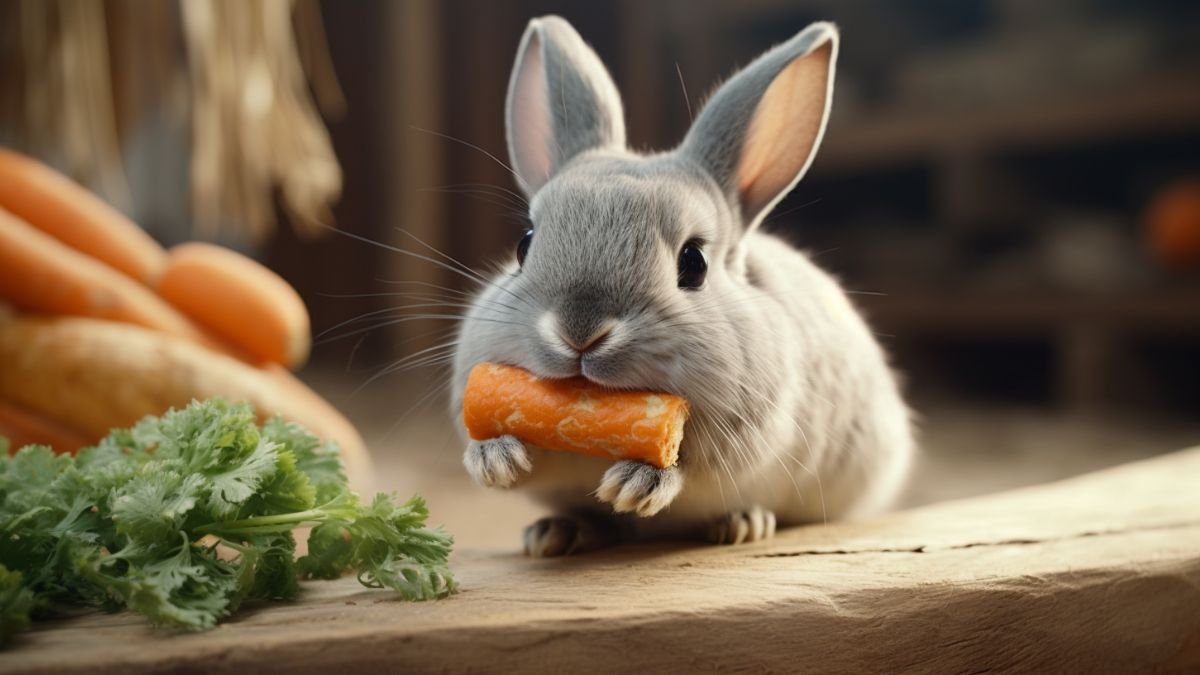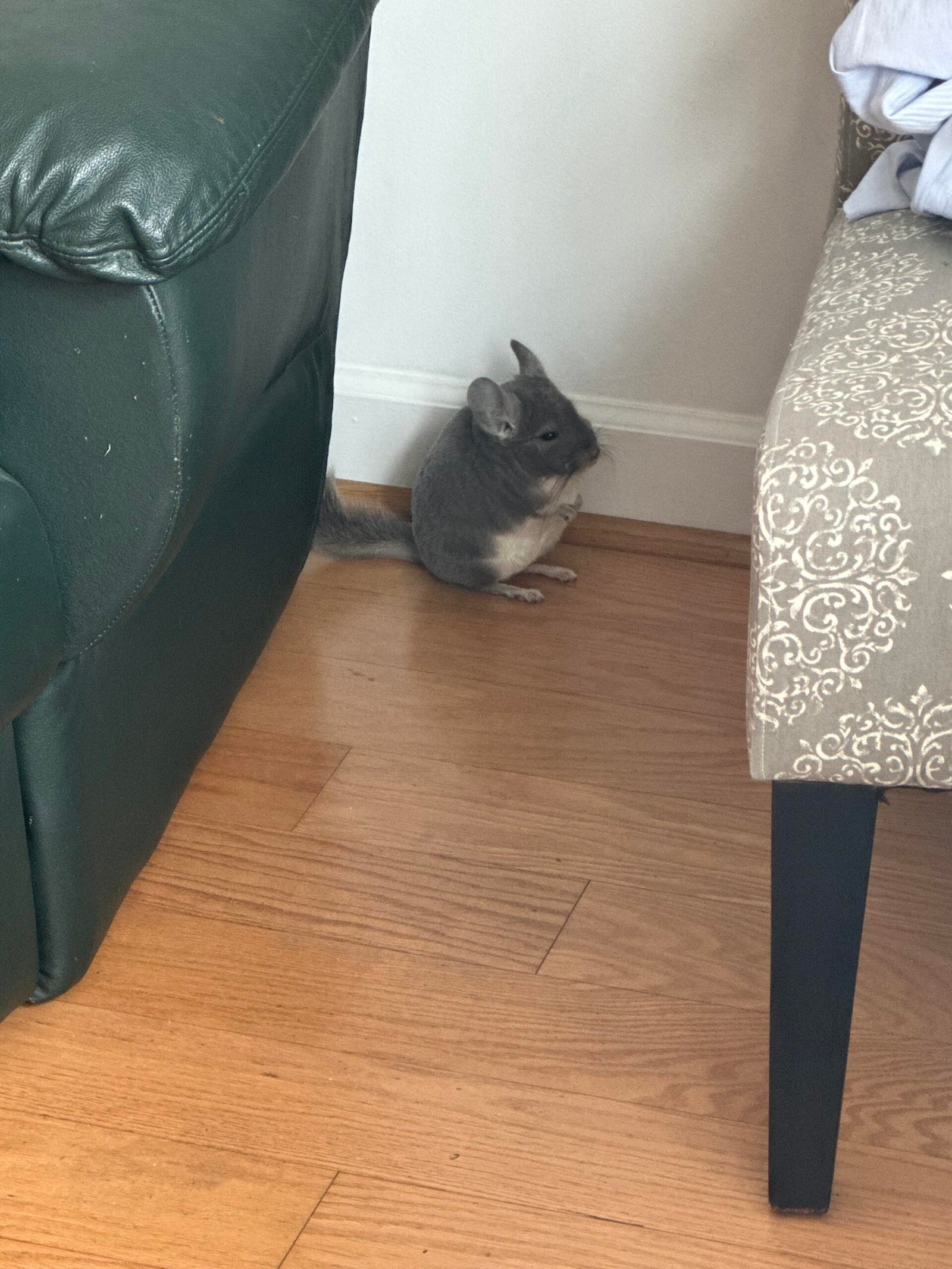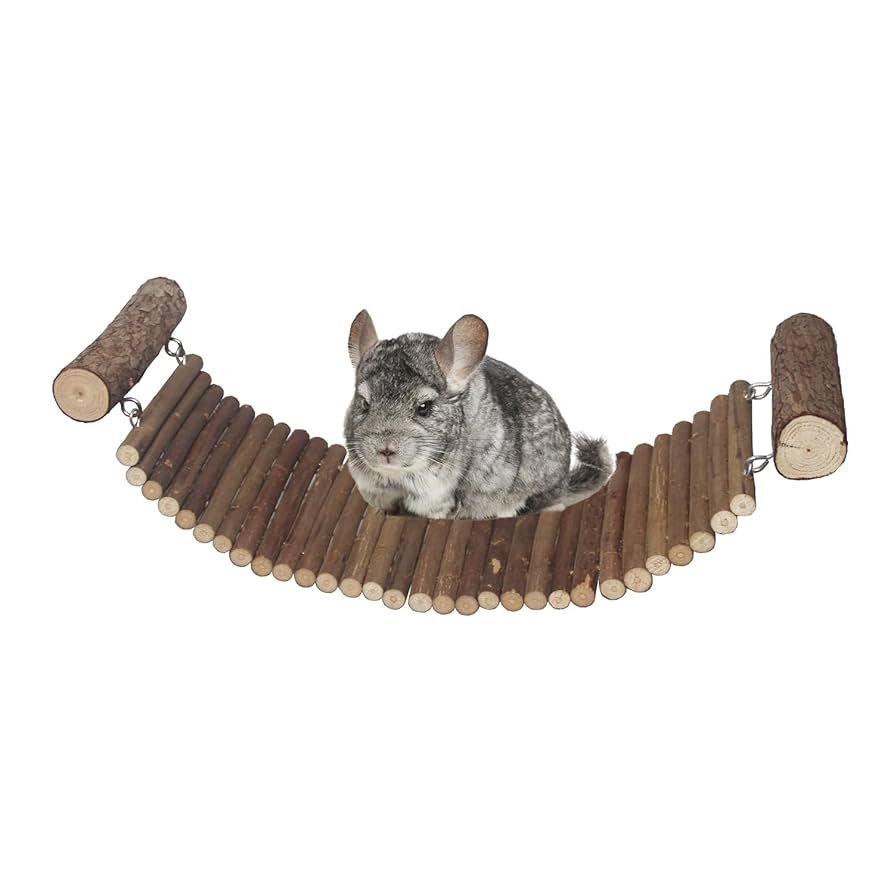
Are you wondering if chinchilla treats with added sugar are safe for your furry friend? You want to give your pet something tasty, but you also worry about their health.
It’s confusing to know what’s okay and what might harm your chinchilla. This article will help you understand the risks and benefits, so you can make the best choice for your pet’s well-being. Keep reading to discover what you should really know before offering sugary treats to your chinchilla.
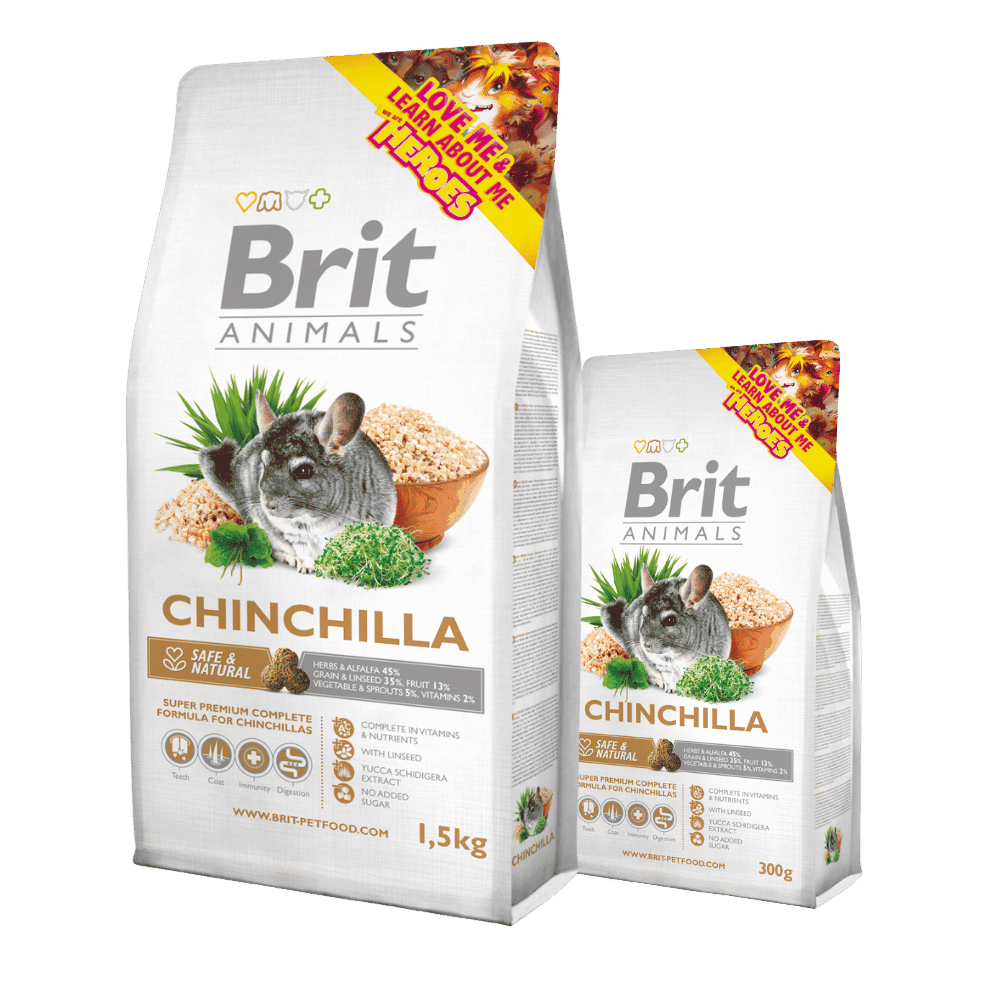
Chinchilla Dietary Needs
Chinchillas need a balanced diet low in sugar to stay healthy. Treats with added sugar can harm their digestion and teeth. Always choose natural, sugar-free snacks for your pet.
Understanding Chinchilla Dietary Needs
Chinchillas have special dietary needs that keep them healthy. Their digestive systems are very sensitive. They need food high in fiber and low in fat.
Chinchillas mostly eat hay and pellets made for them. These foods help keep their teeth strong and digestion smooth. Fresh water must always be available.
The Role Of Treats In Their Diet
Treats are not part of a chinchilla’s daily diet. They should be given only occasionally. Treats with added sugar can cause health problems.
Too much sugar can harm their teeth and stomach. It may lead to serious illnesses like diabetes or digestive issues.
Why Avoid Sugar In Chinchilla Treats
Chinchillas do not naturally eat sugary foods. Their bodies are not designed to process sugar well. Sugar can upset their gut bacteria balance.
This upset can cause diarrhea or even life-threatening conditions. Keeping treats sugar-free helps maintain their health and energy.
Impact Of Sugar On Chinchillas
Sugar can harm chinchillas in many ways. Their bodies are not made to handle sweet foods. Even small amounts of sugar can upset their health. It affects their digestion and energy levels. Sugar can cause serious problems if given often.
Chinchillas need a special diet to stay healthy. Sugar disturbs their natural eating habits. It may lead to weight gain and other issues. Knowing the impact of sugar helps owners care better for their pets.
How Sugar Affects Chinchilla Digestion
Chinchillas have sensitive stomachs. Sugar can cause diarrhea or stomach pain. Their gut cannot break down sugar well. This leads to gas and discomfort. A healthy chinchilla diet has no added sugar.
Sugar And Chinchilla Teeth Health
Chinchillas’ teeth grow continuously. They need hard food to keep teeth trimmed. Sugar can cause tooth decay and infections. It weakens their teeth and gums. Avoid sugary treats to protect their smile.
Risk Of Obesity From Sugary Treats
Sugar adds unnecessary calories to their diet. Chinchillas do not burn sugar quickly. This causes weight gain over time. Obesity can lead to serious health problems. Keep treats healthy and low in sugar.
Impact On Chinchilla Energy And Behavior
Sugar gives quick energy spikes and crashes. This can make chinchillas hyperactive or tired. It disrupts their normal activity patterns. Balanced food supports stable energy all day. Avoid sugary snacks for calm behavior.
Common Ingredients In Treats
Chinchilla treats come with various ingredients. Knowing these helps choose safe options. Some ingredients are good, some not so much. Understanding what is inside treats helps protect your pet’s health.
Many treats contain natural and artificial components. Some are added for taste, others for preservation. It is important to spot harmful substances, like added sugar. Let’s explore common ingredients found in chinchilla treats.
Sugar And Sweeteners
Sugar is often added to make treats tasty. It provides quick energy but can harm chinchillas. Their digestive system does not handle sugar well. Artificial sweeteners may also cause health problems.
Grains And Seeds
Many treats include grains like oats or corn. Seeds such as sunflower or pumpkin seeds appear too. These can be healthy in small amounts. Too many seeds cause weight gain and digestive issues.
Dried Fruits
Dried fruits add flavor and natural sugar. They contain vitamins but also high sugar levels. Chinchillas should eat dried fruit very rarely. Excess sugar from fruit can lead to serious problems.
Preservatives And Additives
Preservatives keep treats fresh longer. Some additives improve texture or color. Not all are safe for chinchillas. Chemicals can irritate their stomach or cause allergies.
Herbs And Vegetables
Some treats include herbs or dried vegetables. These offer vitamins and fiber. Ingredients like parsley or carrot are usually safe. They support digestion and add nutrients.
Health Risks Of Added Sugar
Added sugar in chinchilla treats can cause many health problems. Chinchillas have sensitive digestive systems. Sugar can upset their stomach and cause illness.
Many pet owners do not realize how harmful sugar is. Even small amounts of sugar can lead to serious risks. Knowing these dangers helps keep chinchillas healthy.
Risk Of Obesity
Chinchillas eating sugary treats can gain too much weight. Obesity leads to joint pain and less activity. Overweight chinchillas often face shorter lifespans.
Dental Problems
Sugar causes tooth decay and cavities in chinchillas. Their teeth grow continuously and need proper care. Sugary treats increase the chance of painful dental issues.
Digestive Issues
Chinchillas rely on a delicate gut balance. Added sugar can disturb this balance quickly. This may cause diarrhea, bloating, and gas pain.
Risk Of Diabetes
Too much sugar can lead to diabetes in chinchillas. Diabetes affects energy and overall health. It requires lifelong treatment and careful diet control.
Natural Alternatives To Sugar
Chinchillas need treats that are healthy and safe. Sugar can harm their digestion and teeth. Natural alternatives offer a safer way to spoil your pet. These options provide sweetness without the risks of added sugar.
Fruits With Low Sugar Content
Small pieces of apple or pear make good treats. They have natural sugars and fiber. Feed only tiny amounts to avoid stomach upset. Avoid fruits like grapes or bananas with high sugar.
Vegetables As Sweet Treats
Carrots and pumpkin have a mild sweetness. These veggies supply vitamins and fiber. Offer them fresh and in small slices. They support good digestion and overall health.
Herbs And Flowers
Rose hips and chamomile flowers are natural options. They add variety and mild sweetness. Ensure they are free from pesticides and chemicals. Use them as occasional treats for your chinchilla.
Signs Of Sugar Overconsumption
Chinchillas have delicate digestive systems. Sugar in their treats can cause health problems quickly. Knowing the signs of sugar overconsumption helps protect your pet. Early detection can prevent serious issues and keep your chinchilla happy.
Increased Thirst And Urination
Sugar makes chinchillas drink more water than usual. This leads to frequent urination. Notice if your pet visits the water bottle often. Excessive thirst and urination can indicate sugar overload.
Restlessness And Hyperactivity
Too much sugar can cause energy spikes. Your chinchilla may become restless or jumpy. Watch for sudden bursts of activity. Hyperactivity may signal that your chinchilla consumed too much sugar.
Digestive Issues
Sugar can upset your chinchilla’s stomach. Diarrhea or soft stools might appear. Your pet may also show signs of bloating or discomfort. Digestive problems are a clear warning of sugar overuse.
Weight Gain And Obesity
High sugar intake leads to extra calories. Over time, this causes weight gain. Obesity harms chinchillas’ joints and organs. Keep an eye on your pet’s weight for changes.
Changes In Behavior
Sugar affects mood and behavior. Your chinchilla may seem irritable or tired. Sudden mood swings can be a result of sugar spikes. Pay attention to unusual behavior changes.
Choosing Safe Treats
Choosing safe treats for your chinchilla is very important. Treats with added sugar can harm their health. They might cause digestive problems and dental issues. It is best to avoid sugary snacks. Natural, sugar-free treats keep your chinchilla happy and healthy.
Check the ingredients carefully. Look for treats made with simple, natural items. Avoid anything with artificial colors, flavors, or preservatives. Fresh hay, small pieces of dried herbs, or safe vegetables are great options. These snacks support good digestion and strong teeth.
Read Labels Carefully
Always read the label before buying treats. Look for sugar or sweeteners in the ingredient list. Even small amounts of sugar can cause problems. Choose treats with no added sugar or artificial ingredients.
Opt For Natural Ingredients
Natural ingredients are safer for chinchillas. Dried herbs, flowers, and leaves are good choices. These items are closer to their natural diet. They provide nutrients without harmful additives.
Limit Treat Quantity
Even safe treats should be given in small amounts. Too many treats can upset digestion. Treats must not replace regular food. Use treats only as occasional rewards or snacks.

Homemade Treat Recipes
Making treats at home for your chinchilla is a great way to control ingredients. You avoid added sugars and harmful additives. Homemade recipes let you choose healthy, natural foods your pet will enjoy.
Simple recipes use safe fruits, vegetables, and herbs. These treats keep your chinchilla happy and healthy. They also help build trust and bonding during snack time.
Simple Apple Bites
Slice fresh apple into small pieces. Make sure to remove seeds and core. Offer a tiny piece as a sweet, natural treat. Apples provide fiber and vitamins without added sugar.
Oat And Hay Balls
Mix rolled oats and finely chopped hay. Add a little water to bind. Shape into small balls and dry them overnight. These treats are chewy and safe for daily snacking.
Carrot And Parsley Snacks
Grate fresh carrot and mix with finely chopped parsley. Press the mix into small molds. Let dry in the fridge for a few hours. This mix adds vitamins and a fresh taste.
Rosehip And Chamomile Bites
Crush dried rosehips and chamomile flowers. Combine with a small amount of oat flour. Form into bite-sized pieces and air dry. These treats soothe digestion and offer antioxidants.
Veterinarian Recommendations
Veterinarians play a key role in guiding proper chinchilla care. They offer advice based on years of experience with these small animals. Understanding their recommendations helps keep chinchillas healthy and happy.
Why Avoid Added Sugar In Chinchilla Treats
Vets warn that chinchillas should not eat treats with added sugar. Their digestive systems are very sensitive. Sugar can cause serious health problems, like diarrhea and upset stomach.
Health Risks Linked To Sugary Treats
Too much sugar can lead to obesity in chinchillas. This puts extra strain on their organs. Dental issues may also arise because sugar feeds harmful bacteria in their mouths.
Safe Treat Options According To Veterinarians
Experts recommend treats made from natural ingredients without sugar. Dried rose hips, plain oats, or small pieces of fresh vegetables are good choices. These treats provide nutrients without harm.
How Often To Give Treats
Vets advise giving treats only occasionally. Treats should not replace a chinchilla’s main diet of hay and pellets. Frequent sugary treats disrupt their balanced nutrition and health.

Frequently Asked Questions
Are Chinchilla Treats With Added Sugar Harmful?
Sugar can upset chinchillas’ digestion and cause health problems like obesity.
How Does Sugar Affect Chinchilla Teeth?
Sugar promotes tooth decay and can cause painful dental issues in chinchillas.
Can Occasional Sugary Treats Be Safe For Chinchillas?
Even small amounts of sugar can harm chinchillas; avoid sugary treats completely.
What Are Better Treat Options For Chinchillas?
Use plain hay, dried herbs, or small pieces of fresh vegetables as treats.
Why Do Chinchillas React Badly To Sugary Foods?
Chinchillas have sensitive guts that cannot handle sugar well, causing sickness.
Are Natural Sugars Safer Than Added Sugars For Chinchillas?
Natural sugars in small amounts are less harmful but should still be limited.
How To Tell If A Treat Has Added Sugar?
Check the ingredient list for sugars, syrups, or sweeteners before buying treats.
What Happens If A Chinchilla Eats Too Much Sugar?
Too much sugar can lead to diarrhea, obesity, and serious digestive issues.
Conclusion
Chinchillas need treats that are safe and healthy. Sugar can harm their teeth and stomach. Small amounts might not cause problems, but too much is risky. Always choose treats made for chinchillas without added sugar. Keep their diet natural and balanced for a happy pet.
Careful feeding helps your chinchilla live longer and feel better. Remember, treats should be given rarely, not daily. Healthy choices make a big difference in their life.
